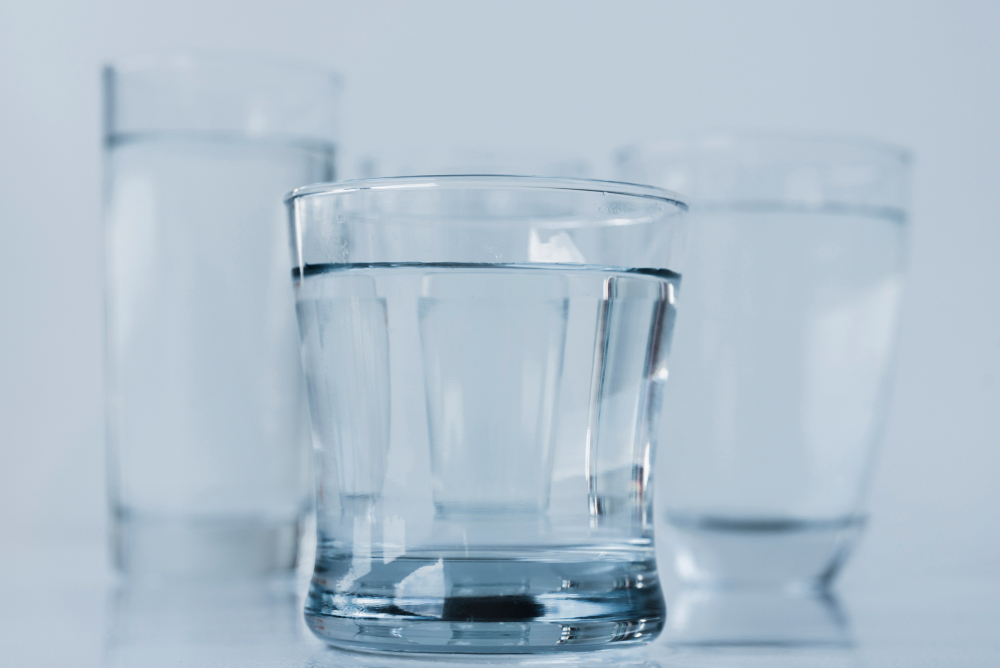The quality of the water we drink is crucial to our health and well-being. Among various water purification technologies, reverse osmosis (RO) has emerged as a popular method. However, it’s not the only option available. In this article, we’ll compare reverse osmosis with other water filtration methods, delving into their advantages and disadvantages so that you can make an informed decision about which system might be best for your needs.
What Is Reverse Osmosis?
Reverse osmosis is a filtration process that removes contaminants from water by using pressure to force water molecules through a semipermeable membrane. The process is called ‘reverse’ osmosis because it requires external pressure to reverse the natural flow of pure solvent from an area of low solute concentration to an area of high solute concentration.
Pros of Reverse Osmosis
Effective Contaminant Removal
RO systems can remove a wide range of contaminants, including dissolved salts, bacteria, viruses, chemicals, and metals like lead and arsenic.
Improved Taste
The removal of impurities often results in better-tasting water.
Energy Efficiency
Modern RO systems are designed to be energy-efficient compared to distillation, another demineralization process.
Space-Saving
Many RO systems are compact and can be installed under a kitchen sink.
Cons of Reverse Osmosis
Waste Water
RO systems produce wastewater in the filtration process, which can be considered inefficient regarding water use.
Maintenance Requirements
The membranes and filters need regular replacement to maintain effectiveness.
Removal of Minerals
Some beneficial minerals may also be removed from the water, although this is contentious among health professionals.
Cost
The initial installation and ongoing maintenance costs can be higher than some other filtration methods.
Carbon Filtration
Carbon filters use activated carbon to remove contaminants from water through adsorption. Contaminants stick to the surface area of the activated carbon, effectively removing them from the water.
Pros of Carbon Filtration
Affordability
Carbon filters are generally cheaper to buy and maintain than RO systems.
Simple Maintenance
Replacing carbon filters is typically straightforward and can be done without professional help.
Taste and Odor Improvement
They are particularly effective at improving taste and removing odors.
No Electricity Needed
Most carbon filter systems don’t require electricity to operate.
Cons of Carbon Filtration
Limited Contaminant Removal
Carbon filters are less effective at removing certain contaminants, especially dissolved inorganics and hard water minerals.
Frequent Filter Changes
Depending on water usage, the filters may need to be changed more frequently than RO membranes.
Does Not Remove Microorganisms
Bacteria and viruses are not effectively removed by carbon filtration alone.
Ultrafiltration (UF)
Ultrafiltration involves a membrane similar to RO but with larger pores. It can remove many types of suspended solids, certain bacteria and viruses, and colloids without requiring high pressure.
Pros of Ultrafiltration
Efficient Contaminant Removal
UF is effective at removing a variety of pathogens and particulates.
Low Energy Consumption
This technology operates under lower pressure and thus consumes less energy compared to RO systems.
Preserves Minerals
Unlike RO, UF does not remove dissolved minerals that may be beneficial to health.
Cons of Ultrafiltration
Cannot Remove Dissolved Salts or Minerals
UF is not effective against dissolved salts or hardness-causing minerals.
Limited Reduction of Chemical Contaminants
May not effectively reduce levels of chemical pollutants such as pesticides and herbicides.
Distillation
Distillation involves boiling water to produce water vapor. The vapor is then cooled and condensed back into liquid, leaving most contaminants behind.
Pros of Distillation
High Purity
Distilled water is exceptionally high in purity, removing a wide array of contaminants.
No Filters
There are no filters to replace, which can reduce long-term maintenance needs.
Cons of Distillation
Energy-Intensive
It requires significant energy to boil and cool water, making it less energy-efficient.
Slow Process
Distillation is a time-consuming process compared to other methods.
Taste
Some users report a flat taste because the natural minerals have been removed from the water.
Ceramic Filters
Ceramic filters use small pores in the ceramic material to filter out contaminants, including bacteria and protozoa, from the water.
Pros of Ceramic Filters
Effective Pathogen Removal
These filters are good at removing certain bacteria and protozoa.
Long-Lasting
Ceramic elements can last a long time before needing replacement.
Cons of Ceramic Filters
Does Not Remove Chemicals
Ceramic filters usually don’t remove chemical contaminants or dissolved solids.
Prone to Cracking
The ceramic element can crack if mishandled.
Ion Exchange
Ion exchange filters, often used in water softeners, remove hard water minerals by exchanging them for sodium or other non-hardness ions.
Pros of Ion Exchange
Softens Water
Very effective at removing calcium and magnesium, the ions responsible for water hardness.
Improves Taste and Appliances’ Lifespan
Softened water can improve the taste and increase the lifespan of plumbing and appliances.
Cons of Ion Exchange
Does Not Remove Most Contaminants
Poor at removing organic compounds, pathogens, and other non-ionic substances.
Maintenance and Salt
Requires regular maintenance and replenishment of the salt used in the ion exchange process.
Each water filtration method comes with its own set of pros and cons. Reverse osmosis is one of the most thorough purification methods, but it may not always be the most sustainable or cost-effective option. When choosing a water filtration system, consider the specific contaminants present in your water supply, your budget, maintenance preferences, environmental concerns, and taste preferences. Consulting with a water treatment specialist can provide tailored advice for your situation, ensuring that you select the best method to meet your clean water needs. Schedule a consultation with our team today!

